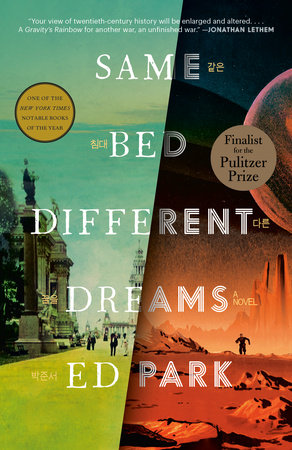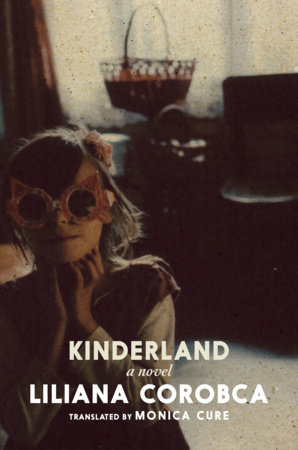

Kinderland
By Liliana Corobca
Translated by Monica Cure
By Liliana Corobca
Translated by Monica Cure
By Liliana Corobca
Translated by Monica Cure
By Liliana Corobca
Translated by Monica Cure

-
$16.95
Nov 14, 2023 | ISBN 9781644213278
-
Nov 14, 2023 | ISBN 9781644213285
YOU MAY ALSO LIKE
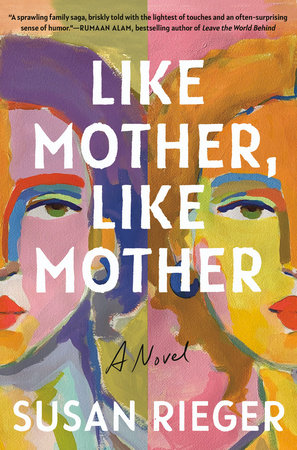
Like Mother, Like Mother
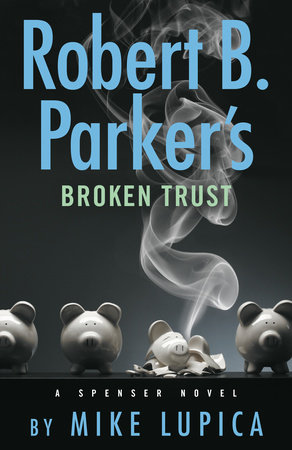
Robert B. Parker’s Broken Trust
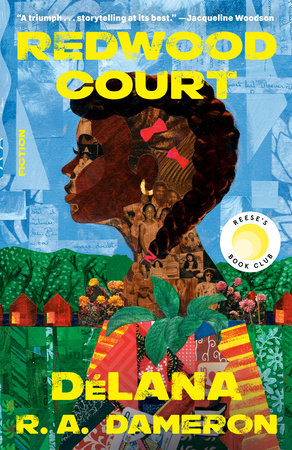
Redwood Court (Reese’s Book Club)
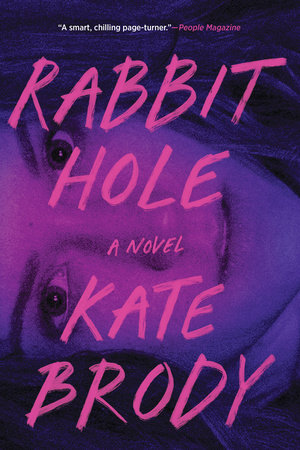
Rabbit Hole
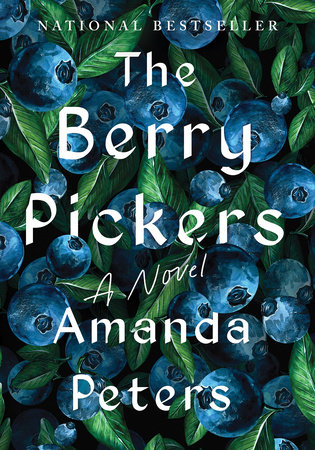
The Berry Pickers
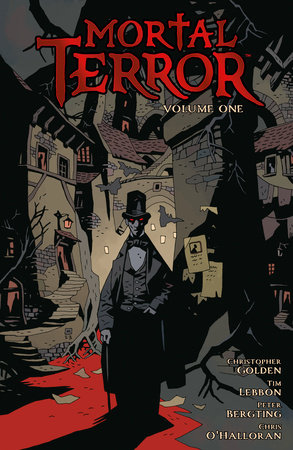
Mortal Terror Volume 1
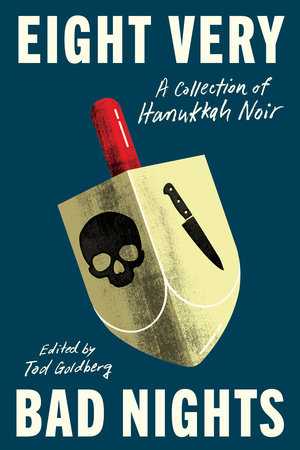
Eight Very Bad Nights: A Collection of Hanukkah Noir
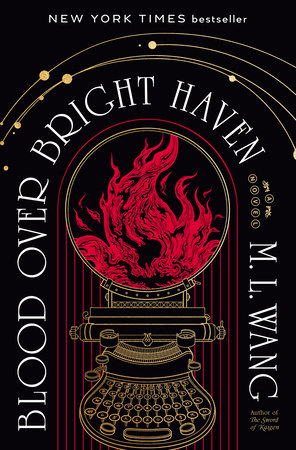
Blood Over Bright Haven
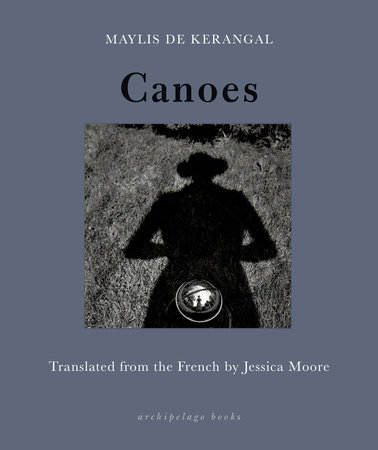
Canoes
Praise
“[A] vivid portrait of rural life. . .Kinderland is a heartbreaking account of a childhood abruptly curtailed.” —Financial Times
“With a gifted and incisive eye, Corobca ably interweaves the innocent gaze of childhood with the harsh reality of the adult world in this startling, evocative novel about those who are literally and figuratively left behind in the global economy.” —Alexandra Kleeman, author of Something New Under the Sun
“Kinderland is not just an extraordinary look at life in Europe’s edgelands (“our poor and unhappy country”)–it’s also a powerful novel, full of surprising imagery and beautiful writing.” —Alex Preston, The Guardian
“What a paradox! Kinderland is a novel about sadness and poverty, but without it European literature would be sadder and poorer.” —Filip Florian, author of Little Fingers
“In this dark fairy tale, livestock and prowling strays coexist with absent adults, rituals, and the wisdom of children. Yet Cristina’s energetic anecdotes evade bleakness, forming a captivating vision of a rural outpost in modern Moldova. Here, survival depends on cleareyed practicality. Amid such trials, the narrow bridge between childhood and adolescence still affords momentary pleasures for which Cristina can be grateful. Kinderland is a literary novel about growing up amid economic decline; in it, a savvy girl lives according to her love for her family.” — Foreword
“This is such a tender, searching book, that masterfully reveals the complex consciousness of childhood without ever resorting to cliche. A premise that seems dystopian—a land of virtually no adults—turns out to be harrowingly real, but real too are the triumphs and small joys of Cristina and her kin. It’s rare for a novel to be both devastating and soft at the same time, but Corobca’s astute rendering of youthful longing, along with Cure’s deft translation, deserves a special spot in the powerful subgenre I like to think of as True Childhood.” —Kristen Iskandrian, author of Motherest
“A truly lovely and needed book. Corobca’s voice, is so balanced and unmatched–tender and thrilling, quiet and funny, painful and wonderful—in an excellent translation.” —Emily Tarr, bookseller at Thank You Books in Birmingham, Alabama
“Through Cristina, Corobca perfectly conveys a childish sense of wonder and naivety while never letting you forget the precarious fact that these children are all on their own. Her moments of sorrow and loneliness tell the story of the abandoned and the forgotten in a village that could collapse at any moment.” —Paul MacKay, King’s Co-Op Bookstore in Halifax, Nova Scotia
“Horrifyingly beautiful. It is a touching testimony of self-assertion. Cristina is a Moldovan Pippi Longstocking. In her world, however, being alone is no fun.” —Carsten Hueck, Deutschlandradio Kultur
“Corobca’s novel not only reports with tenderness and wit on the pain and patience of abandoned children, it also traces the economic, social and moral decay of the rural milieu with wide awake realism.” —Andreas Breitenstein, New Zurich
“Liliana Corobca has not only created an impressive heroine, but also a contemporary document that is as moving as it is touching. A contemporary document about the life of children in today’s Europe, which stirs up trouble in the heart of the reader and raises many questions.” —Mirko Schwanitz, Kulturradio RBB
“Liliana Corobca succeeds in putting the cosmic loneliness of these children into words with her persistent eye for detail, which almost reaches the emotional pain threshold.” —Dirk Schümer, Die Welt
“The tone of the narrator, half naive and half precocious, half shaken and half unmoved, is exactly what one would expect from a premature twelve-year-old. … Corobca’s everyday, dry realism fits in with this, the highlight of which are the vivid images.” —Hans-Peter Kunisch, Zeit
“In emotional and artful language, Corobca tells a moving story about everyday life as a child in a broken adult world, about outrage, longing, tenderness and anger.” —Carsten Hueck, WDR5
“An unsentimental, but tender, wonderful book from our European neighbourhood.”
—Cornelia Zetzsche, BR Divan
“The writer masters the text with an enviable accuracy that is extremely well-researched, as if she herself had been in the shoes of her characters. In Kinderland, we meet with the philosophy of life of children from rural areas, the village and all its customs, and find humor and tragedy in equal measures, laughing at the pranks and bungles of the children left on their own, while also crying over their misfortune… Liliana Corobca manages to transmute her ideas with bitter irony. There’s an ease to her writing, but it is powerful… In this novel she successfully combines reality, fiction, love, and the mystical, and constructs passages with a strong emotional charge that comes from gradually accumulated tension, which, once it reaches its peak, simply overwhelms the reader. One of these passages, for example, is the one in which the main characters, three children who are left to take care of themselves, become their own imaginary parents, using their parents’ old clothing; they dress up in them to pretend their wearers had never left home.” —Cătălina Bălan, Observator Cultural
21 Books You’ve Been Meaning to Read
Just for joining you’ll get personalized recommendations on your dashboard daily and features only for members.
Find Out More Join Now Sign In









